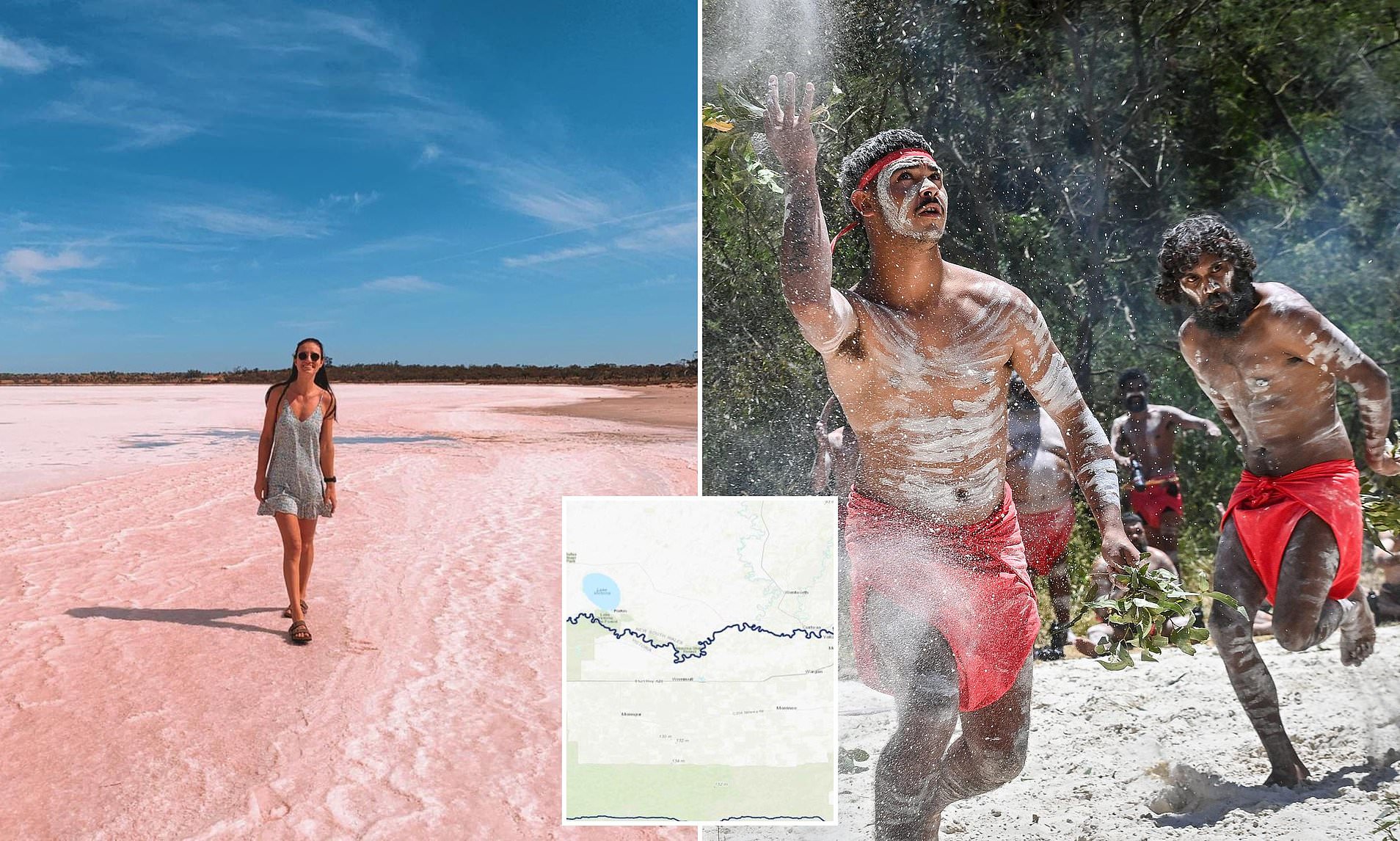Land Rights Awarded to Indigenous Groups in Victoria
A significant milestone has been achieved for three Indigenous groups in Victoria, who have been granted exclusive rights to vast areas of land following a decade-long legal battle. The Federal Court has officially recognized the First Peoples of the Millewa-Mallee, the Latji Latji, Ngintait, and Nyeri Nyeri as the traditional owners of a large territory stretching from the northwest corner of Victoria to the South Australian border.
This decision marks the first time that exclusive native title rights have been recognized in Victoria, a historic outcome that challenges long-standing assumptions about the feasibility of such claims in the state. The recognition allows these groups to control access to their Country under traditional law and customs, reinforcing their deep connection to the land.
The area covered by this determination includes several key locations, such as Mildura, and follows the Murray River, extending south along the Calder Highway and west through the Murray-Sunset National Park. Notably, popular destinations like Apex Park Sandbar, Kings Billabong Park, and the Murray-Sunset National Park—home to Victoria’s famous pink lakes—are all included in the native title claim.
Resilience and Determination
Justice Elizabeth Bennett, who delivered the ruling, acknowledged the resilience and determination of the First Nations Peoples of Millewa-Mallee. She highlighted that despite historical dispossession and other atrocities, the communities have maintained their traditional laws and customs, preserving an enduring connection to their ancestral lands.
“The Native Title Holders have maintained their traditional laws and customs and have under them a deep and enduring connection,” Justice Bennett stated. “It is appropriate to make the orders sought. In doing so, the Court recognizes the resilience and determination of the First Peoples of the Millewa-Mallee Native Title Claim Group in reaching this milestone.”
The journey to this decision has been long and arduous. First Nations Legal & Research Services (FNLRS) noted that the Millewa-Mallee First Nations Peoples have fought for recognition of their land rights since the 1990s. The recent ruling is seen as a breakthrough, challenging the belief that exclusive native title rights could not be recognized in Victoria.
Impact on Indigenous Communities
The outcome has been celebrated as a testament to the strength and persistence of the First Nations Peoples. FNLRS Senior Lawyer Stacey Little emphasized that the decision proves the right of Indigenous communities to make decisions regarding their Country.
Nyeri Nyeri Elder Wendy Brabham shared her personal experience of the struggle, noting that Indigenous people had faced numerous rejections while fighting for their Native Title rights. She described the constant clash between Indigenous customs and Australian law, adding that her mother had fought for land rights since the 1970s.
“I hope our future generations will build on today’s decision to honour our Ancestors by strengthening, preserving and sharing our Culture,” Ms Brabham said.
Shane Jones Senior, a Latji Latji man and representative for the Millewa-Mallee peoples, expressed pride in the result. He emphasized that the community continues to live its culture and that native title will allow future generations to carry forward the legacy of their Elders.
Broader Implications
This landmark decision sets a precedent that may support other native title holders and claim groups in seeking similar recognition. While the exclusive rights grant control over access, the native title holders also retain non-exclusive rights, including the ability to access the land, use its resources, and protect culturally and spiritually significant sites.
The ruling represents a major step forward in acknowledging the sovereignty and cultural heritage of Indigenous peoples in Victoria. It underscores the importance of respecting traditional laws and customs, while paving the way for future legal and cultural advancements.







